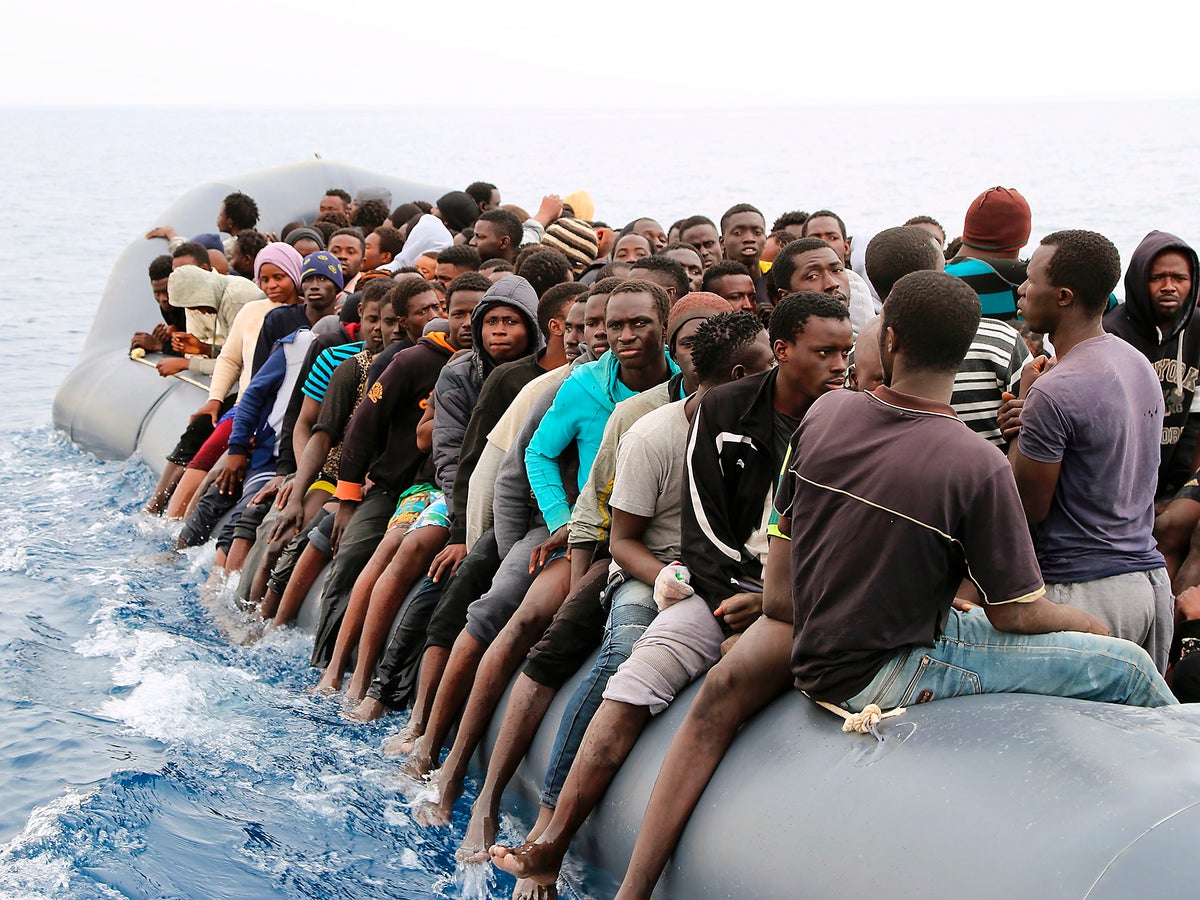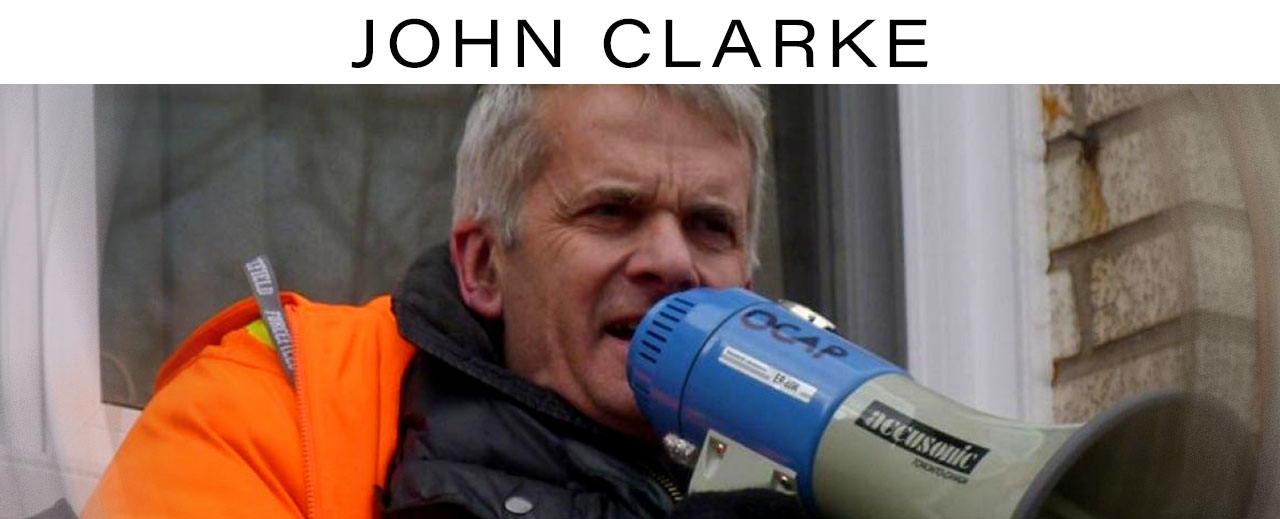
The kind of media coverage we might see if the lives of poor people fleeing climate disaster, poverty and violence were valued as much as those of rich thrill seekers....
Why Were Over a Hundred Refugees Left to Drown?
Philip Wappo was just seventeen years old when the overcrowded and unstable boat he and dozens of other refugees were using to cross the Mediterranean sank in rough weather. He and his family (none of whom survived) had come from a small community in South Sudan that had faced years of state violence, hunger and poverty. The family, though they often spoke of the dangers of the trip, felt that they had to face any and all risks to try and secure safety and a decent future in Europe.
When they spoke at a packed international media conference this week, several survivors of the tragedy spoke highly of Philip as a kind and brave young man. “There were times when things looked pretty bad for us during our trek to the coast,” said one woman who didn’t wish to be identified “But Philip always had some words of encouragement and would always go out of his way to help those who were having a bad time. We will remember him with pride and sorrow.”
The death of Philip, his family and more than a hundred other refugees has raised questions about why so many people were attempting a sea crossing under such dangerous circumstances. Claude Collins, a professor of Global Studies at the University of Toronto argues that this particular tragedy needs to be considered in a broader context. “An array of factors are driving the refugee crisis. These include war, state repression, drought and poverty. However these people can trace their present troubles to the legacy of colonialism and the massive inequalities of today’s world order.”
Collins notes that the impacts of climate change, to which sub-Saharan Africa has contributed very little, are increasing both poverty and levels of social conflict. “People in poor countries are being forced to relocate to try and survive in the context of a crisis they had no part in generating. When they flee, they face huge dangers as they try to reach Europe.”
The response of European authorities to the effort to relocate on such a scale has been to cut back on rescue services and to increase immigration restrictions. The implication that increased levels of risk are seen as a way of discouraging others from making the attempt is not lost on Sarah Abara, a spokesperson for the group, Solidarity with Refugees. “Patrol and rescue services have been curtailed and those who try to fill the gaps face harassment. The decision makers hope that tragedies like the one we have just seen will stem the flow of refugees but the level of desperation that is being generated means people will keep coming regardless of the risks.”
The long delay in rendering assistance to the stricken vessel, even though rescue craft were with rapid reach of it and appeared to standby until it was too late to save most of those on board, has caused widespread outcry. This has bolstered the growing belief that, far from wanting to protect refugee lives, those in power want the crossings to be notoriously dangerous and serve as a warning to others.
With massive international media attention now focused on this terrible tragedy, government leaders in the West are facing a reckoning and the need to respond to some very disturbing questions. What role have Western companies and governments played in creating the poverty, wars and repression that are forcing people to relocate in such numbers? Why must refugees take such desperate measures to try to reach Western countries? After thousands had already perished, how could the dangerous conditions that took the lives of those who sank in the boat Philip Warro and so many other desperate people were travelling in have been allowed to continue?
EU leaders have scheduled a press conference for tomorrow and have indicated that they will be addressing the factors that led to the present tragedy. Sarah Abara notes that “The fact that the authorities knew the vessel was in distress and dragged their feet for hours, rather than respond meaningfully, is beyond dispute. However, this isn’t a question of one terrible incident. Why were so many people at sea in a floating death trap and what drove them to take such a terrible risk? The political decision makers know very well that disasters like this are waiting to happen every day and they need to be held fully accountable.”
“Those who perished at sea in this terrible incident can’t be restored to life,” says Abara “but, now that world attention is focused on this issue, let us hope their tragic deaths serve to challenge racist border regimes and take us towards global justice.”
